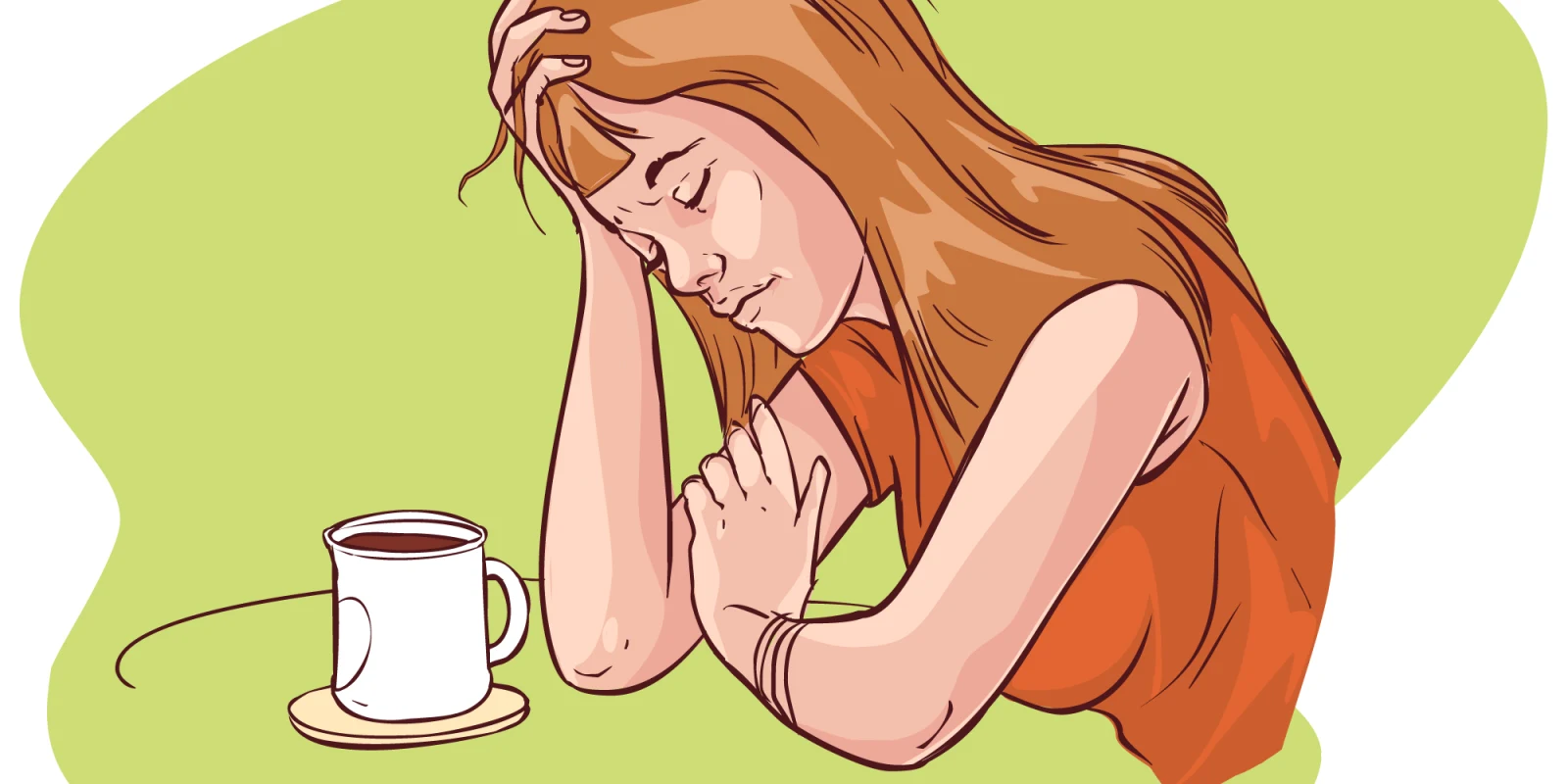
Pete Davidson gets candid about mental health and bullying. — CNN
Kanye West on His Mental Health, New Music: '6 Months Off Meds I Can Feel Me Again' — Billboard.com
NYU Medical Student, Resident Die By Suicide Within Days Of Each Other — Refinery29
These are headlines we’ve all seen in the last several months, but we’re still not talking about mental illness.
The first year of medical school we learn about SIGE CAPS, the signs of depression. We learn depression is the most common psychiatric disorder in the general population and only 50 percent of adults are diagnosed. We learn undiagnosed depression leads to decreased quality of life, increased risk of suicide, and a negative impact on family and friends. Even within our community, physicians have higher rates of burnout, depressive symptoms and suicide risk than the general population. To make matters worse, only 25 percent of adults with mental health symptoms feel people are sympathetic to mental illness.
So now I pose the question: Why is mental illness such a stigma? Why is it such a foreign concept the brain can get injured like any other organ? If blood flow decreases to the heart causing myocardial infarction, we send flowers and get-well balloons. If someone has end-stage renal disease and needs dialysis three times a week, we sit with them and hold their hand through the four-hour process. Yet if someone reports hearing voices, they are exiled from their families and communities. Because we don’t discuss mental illness enough.
I Have a Confession.
Prior to my psychiatry rotation, upon hearing terms like “schizophrenia,” “ADHD,” and “eating disorder,” I would immediately create a mental image of the affected person. Every psychiatric illness I was familiar with was subconsciously associated with certain characteristics; gender, race, socioeconomic status, etc. During my first day of my psych rotation, my attending told me to interview a bipolar female who had just been admitted. When I introduced myself to her, she said she was in her twenties and a PhD student. I’m ashamed to admit it, but I was shocked. This was so close to home. We were similar ages and at similar stages in our education, but she had just been committed to a psychiatric hospital for paranoia and auditory hallucinations. A week later, another bipolar patient who was an Ivy League graduate shared his difficulties dealing with his depression stages during his undergrad education. Because mental illness is so rarely discussed, I formed assumptions that I soon recognized had negative connotations. The worst part is I know I am not alone.
As physicians, we have two jobs to combat this stigma. The first is to speak to our patients about their well-being and their family’s well-being. I don’t mean the common question, “Do you have any history of mental illnesses in the family?” We need to dig deeper and ask “How have you been since you started the new job? How are you handling the new baby? Your son just started college, does everything seem OK?” Asking questions about mental health should be as easy and fluid as asking about arthritis, without any hesitation, worry, shame or denial from our patients.
Our second job is to talk about mental health away from the hospital and in front of our family and friends. How many of us have relatives with mental health issues we’ve never sat down to have a conversation with or checked in with on a regular basis? Why is it when we shed the white coat we feel uncomfortable or unwilling to have the same conversations as we would with our patients? As people with the most information about mental illness, we can be ones to open the door to these conversations.
Until we normalize this topic, those who are affected will be ashamed to speak up. Let’s start by tackling this issue with our patients and with each other. Let’s start by removing jokes about mental health. For instance, when a patient seems “a little off” or may be exaggerating their chief complaint, we joke and say “That patient’s crazy, order a psych consult.” Making jokes about mental illness is only going to further isolate those affected. We cannot allow individuals to feel alone. Let’s break the stigma by starting with one simple question.
“How are you really feeling?”
Kamali Thompson is a MD/MBA student completing a research year in orthopedic surgery and will be applying for the 2020 match. She is a team USA fencer and 2020 Olympic hopeful. She is also an active blogger on her website, Saber & A Stethoscope, and active on twitter (@Kamali_Thompson) and Instagram (@dr.mali.mallz). She is also a 2018–2019 Doximity Author.
References
1. Kessler RC, Ormel J, Petukhova M, et al. Development of lifetime comorbidity in the World Health
Organization world mental health surveys. Arch Gen Psychiatry 2011; 68:90.
2. Wahl OF. News media portrayal of mental illness: implications for public policy. Am Behav Scientist.
2003;46:1594-1600
3. Substance Abuse and Mental Health Services Administration. Developing a stigma reduction initiative.
Rockville, MD: Center for Mental Health Services, Substance Abuse and Mental Health Services
Administration; 2006.







